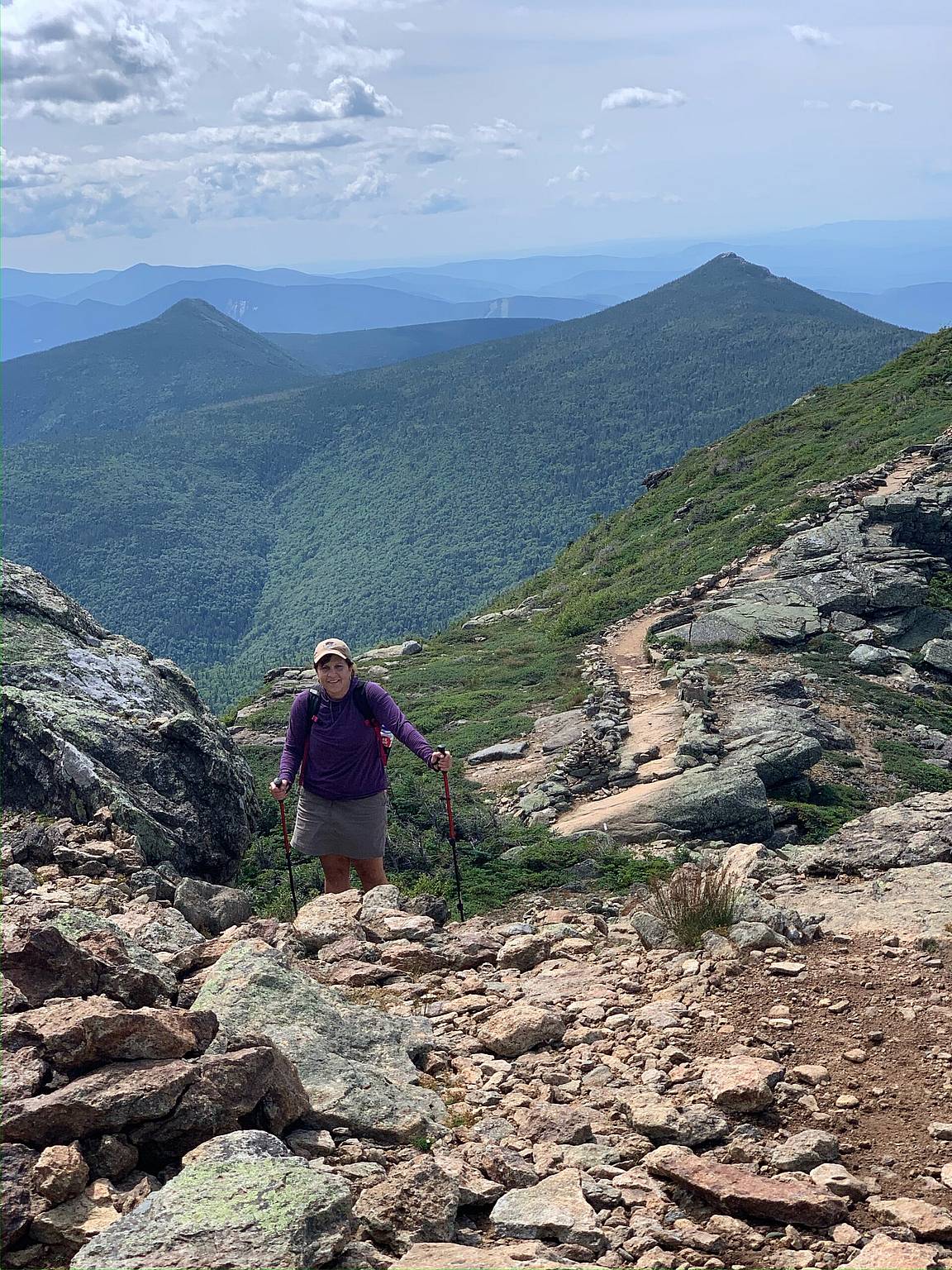A friend recently asked me if I considered myself a spiritual person. Of course this means different things to different people. For me, much of my spirituality revolves around the outdoors. I grew up going on long walks in the woods with my dad and sisters, identifying trees by their bark and leaves, watching things grow, and finding solace from my perfectionistic teenagehood. It seems I’ve always been moved much more by God’s natural creations than by what I learned sitting in church as a kid. I’m not denying being a person of faith – I like the tradition and the community behind organized religion, but I am always more moved by seeing a beautiful sunset and am able to feel the presence of a higher power when I am witnessing her natural creations or appreciating what my body did to get to the place where I’m awestruck.

A couple of summers ago, I completed a NOLS course. The National Outdoor Leadership School takes students of all ages and abilities on remote wilderness expeditions and teaches them technical outdoor skills, leadership, and environmental ethics. NOLS expects a great deal of its participants – whether they are 15 or 50. Most of the courses that NOLS offers are for high school and college-aged students. But, I discovered, there are NOLS trips for “older people” called NOLS Prime. So anyone in the “prime” of their life, which for NOLS is “over the age of 23” is welcome to enroll in a NOLS course.
I like challenges…so I took this leap to backpack for two weeks in one of the most remote areas of the West: The Wind River Wilderness of Wyoming. The idea of it sounded amazing. As my departure neared, a million doubts ran through my head: “What if I’m the oldest one out there?” “What if everyone else is in marathon-type shape?” “What if people have a ton of experience and I don’t?” “What if I get hurt and they have to Medi-vac me out?”
That trip changed me. It made me a better person and allowed me to get to know myself a little better. I learned to trust others and to maintain calm when I was frightened or lost. It made me rely on myself and my instincts and intellect, because there were times when that was all I had. I learned to be comfortable not showering for 14 days, sleeping in a tent, and interacting with people whose personalities were very different from mine. It got real and authentic real quick.
Brene Brown tells us that “vulnerability is our most accurate measurement of courage. When we shut ourselves off from vulnerability, we distance ourselves from the experiences that bring purpose and meaning to our lives and our work.” It’s not often that we really let ourselves be vulnerable – it doesn’t feel safe. It’s risky. It’s uncertain. We risk emotional exposure. My NOLS trip helped me be vulnerable – and thus made me known to my fellow participants. I think the thing that I loved most about my trip was really sharing myself. We very quickly got over the “What do you do for a living?” “Tell me about your family, your hometown…” and quickly found ourselves in conversations about what makes us tick: “What scares you?”, “Why do you like what you like?”, “What are things that you thought you would never do??
I’m not trying to tell you that it was all rosy and Pollyanna and these people are all my BFFs for eternity. But there were some incredible experiences – and they grew out of hardship. We learned about and practiced “Expedition Behavior” daily. It didn’t always come naturally, but as our inhibitions fell away, we were all less worried about being judged and tried to follow these simple practices:
- Be tolerant and self-aware
- Be a team player, care for others; show empathy
- Be willing to face adversity
- Follow the Golden Rule, Practice self-care
Every day I came face to face with my perceived limits and then asked myself: “What is holding me back?” Asking for help or being a follower are not weaknesses – rather, this is expected behavior and roles that we need to take on as part of a group. When people feel safe to speak up, when they feel empowered and accepted, it motivates them to want to contribute even more to their shared goals. I’ve tried to apply these mantras to my ‘front country life:’
- Allow others to lead.
- Don’t always challenge others’ decisions. Is it necessary for me to be right? and even if I am, if it’s not a life or death situation, do I need to voice it?
- Stop comparing myself to others.
- Trust more – both myself and others.
- Showing weakness or vulnerability is showing that you are human. Get uncomfortable! Put yourself out there!
- For every risk, there can be huge rewards.
- Life is not just a competition! It is about living in harmony with each other, because we have taken the time to learn about and care for one another. Life is about having faith in both oneself and in others.
By taking on the challenge of this wilderness trip, I learned that the only way to really grow and learn is by stepping outside of self-imposed boundaries, doing things that scare me, and sharing who I am in a real and authentic way. Taking risks is still tough, but in doing so, I’ve grown in confidence, mental toughness, spirituality, and a belief in myself and others.

